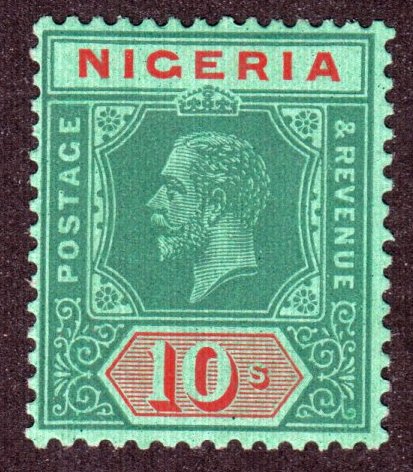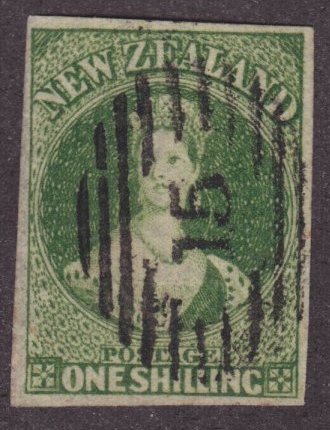
Discussion - Member to Member Sales - Research Center

Discussion - Member to Member Sales - Research Center

"Unzhlag’s hospitals were famous for their doctors. Uncle Borya was one of the best. In 1937 as an amateur stamp collector in Yaroslavl, he was invited to a philatelic congress in Sweden, and sought the advice of the authorities. He was thereupon arrested and beaten. Trying to get him to ‘confess’, the security police broke two of his ribs and one of his fingers, and pulled out one of his fingernails. After Yezhov was removed as head of the NKVD, Boris was freed. But a year later he was arrested again for telling the doctors who treated him for his injuries how he had come to receive them. Without much further ado he was sentenced to eight years. In the camp Uncle Borya continued to collect stamps, but only those of pre-revolutionary Russia and the Soviet Union."
I must admit that at first I misread the final sentence, mentally placing a 'not' before 'the Soviet Union', in the belief that Borya was so incensed at the authorities that he refused to collect communist issues and concerned himself only with Tsarist-era stamps. Not so. His error was one of 'bourgeois internationalism' - the paranoid Soviet belief that anyone showing any interest in the world outside the Union was a de facto fifth columnist and must be ruthlessly purged. Uncle Borya was not about to make that mistake again by collecting foreign stamps.
This is not entirely a historical issue. Only this morning (April 14th) on Radio 4, Bridget Kendall filed a report from Moscow in which an interviewee stated that the greatest danger facing Putin's Russia today was 'fifth columnists working within our country'. Russian philatelists might dismiss that as the rantings of Moscow's equivalent of Hell's Angels (which is what the interviewee evidently was). Then again, as the radio report underlined, attitudes to Europe are changing.

Login to Like
this post

In the days before the Soviet Union welcomed stamp-collecting as a tool for educating the masses, the hobby could get the unwary follower into serious trouble. Here is an extract from the dissident Lev Kopelev's memoir No Jail for Thought, published in the UK in 1979. The Unzhlag was a complex of prison camps.
"Unzhlag’s hospitals were famous for their doctors. Uncle Borya was one of the best. In 1937 as an amateur stamp collector in Yaroslavl, he was invited to a philatelic congress in Sweden, and sought the advice of the authorities. He was thereupon arrested and beaten. Trying to get him to ‘confess’, the security police broke two of his ribs and one of his fingers, and pulled out one of his fingernails. After Yezhov was removed as head of the NKVD, Boris was freed. But a year later he was arrested again for telling the doctors who treated him for his injuries how he had come to receive them. Without much further ado he was sentenced to eight years. In the camp Uncle Borya continued to collect stamps, but only those of pre-revolutionary Russia and the Soviet Union."
I must admit that at first I misread the final sentence, mentally placing a 'not' before 'the Soviet Union', in the belief that Borya was so incensed at the authorities that he refused to collect communist issues and concerned himself only with Tsarist-era stamps. Not so. His error was one of 'bourgeois internationalism' - the paranoid Soviet belief that anyone showing any interest in the world outside the Union was a de facto fifth columnist and must be ruthlessly purged. Uncle Borya was not about to make that mistake again by collecting foreign stamps.
This is not entirely a historical issue. Only this morning (April 14th) on Radio 4, Bridget Kendall filed a report from Moscow in which an interviewee stated that the greatest danger facing Putin's Russia today was 'fifth columnists working within our country'. Russian philatelists might dismiss that as the rantings of Moscow's equivalent of Hell's Angels (which is what the interviewee evidently was). Then again, as the radio report underlined, attitudes to Europe are changing.

Login to Like
this post

